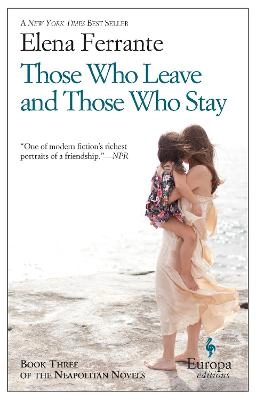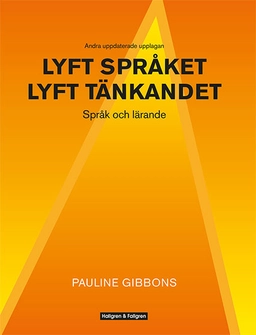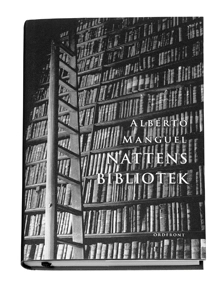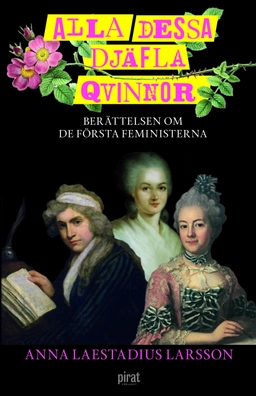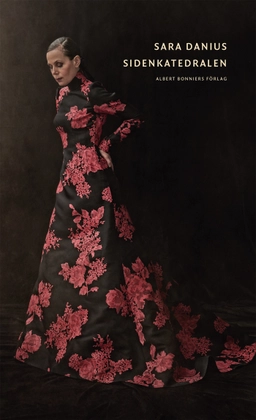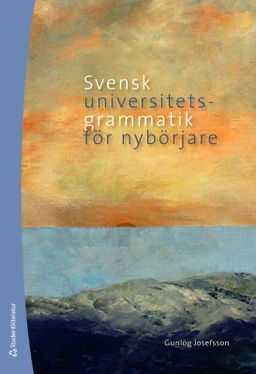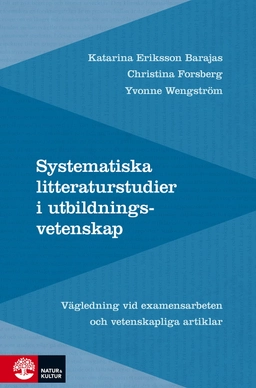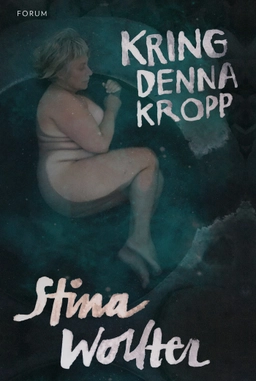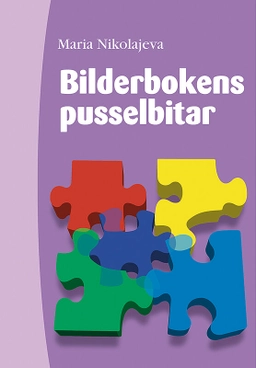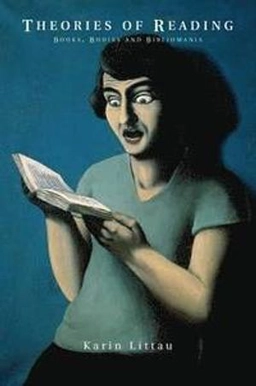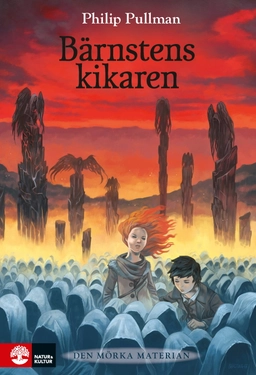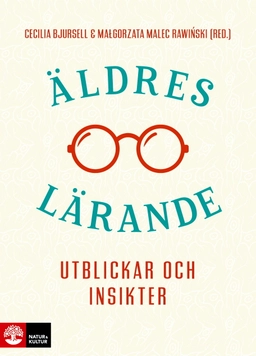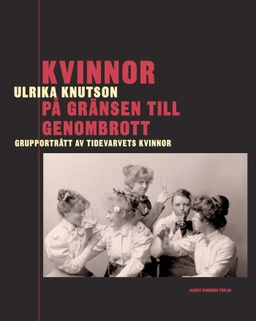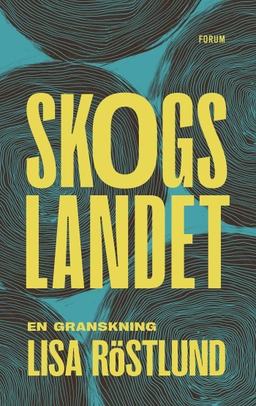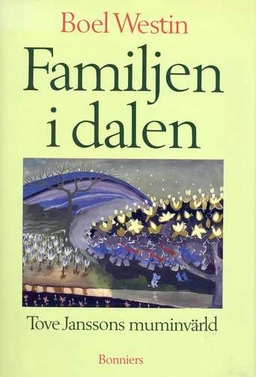Since the publication of "My Brilliant Friend, "the first of the Neapolitan novels, Elena Ferrante's fame as one of our most compelling, insightful, and stylish contemporary authors has grown enormously. She has gained admirers among authors--Jhumpa Lahiri, Elizabeth Strout, Claire Messud, to name a few--and critics--James Wood, John Freeman, Eugenia Williamson, for example. But her most resounding success has undoubtedly been with readers, who have discovered in Ferrante a writer who speaks with great power and beauty of the mysteries of belonging, human relationships, love, family, and friendship. In this third Neapolitan novel, Elena and Lila, the two girls whom eaders first met in "My Brilliant Friend," have become women. Lila married at sixteen and has a young son; she has left her husband and the comforts of her marriage brought and now works as a common laborer. Elena has left the neighborhood, earned her college degree, and published a successful novel, all of which has opened the doors to a world of learned interlocutors and richly furnished salons. Both women have attempted are pushing against the walls of a prison that would have seem them living a life of mystery, ignorance and submission. They are afloat on the great sea of opportunities that opened up during the nineteen-seventies. Yet they are still very much bound to see each other by a strong, unbreakable bond.
Åtkomstkoder och digitalt tilläggsmaterial garanteras inte med begagnade böcker
